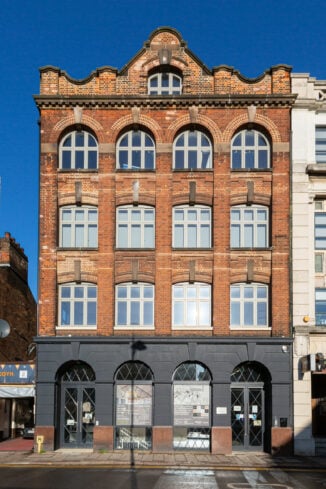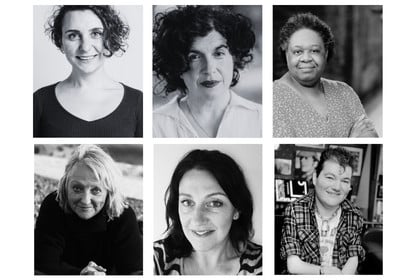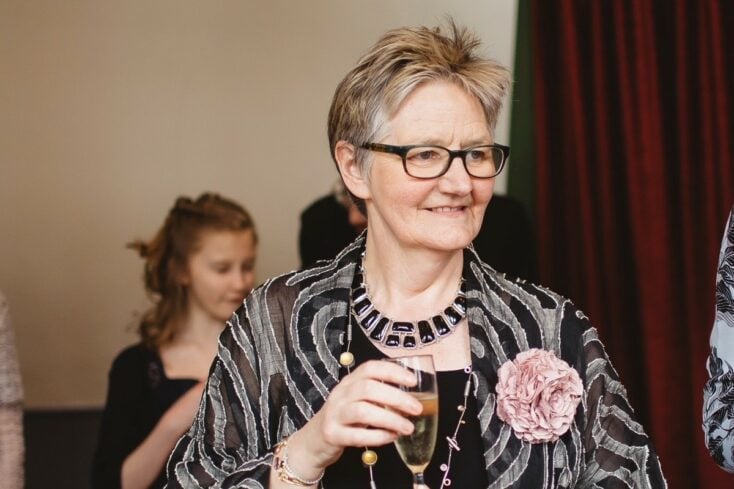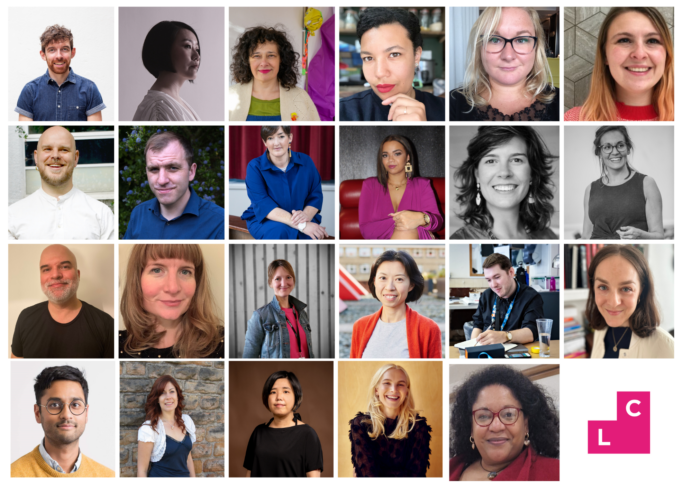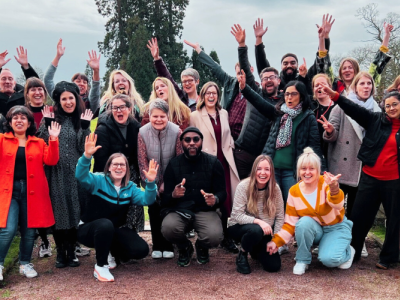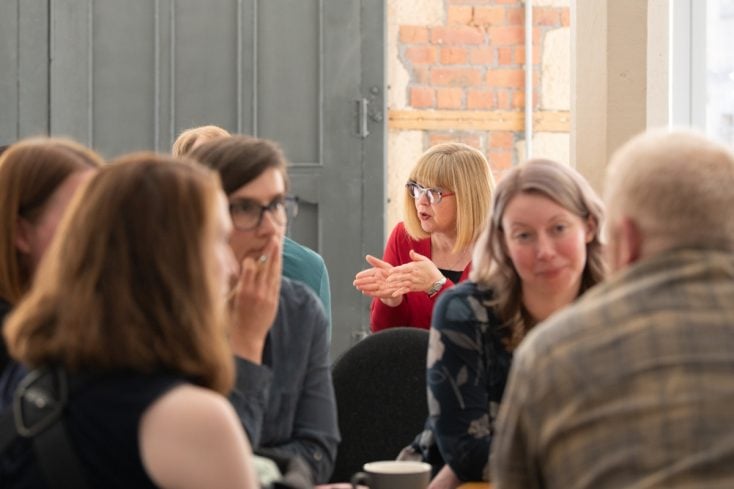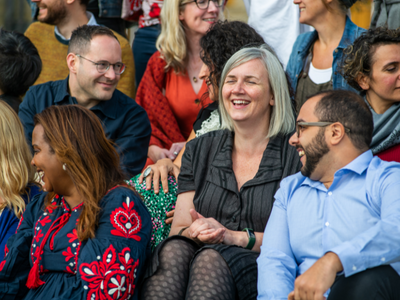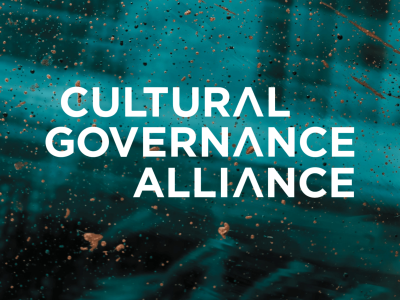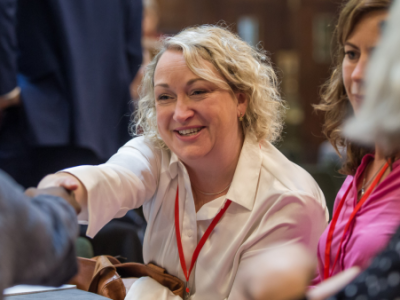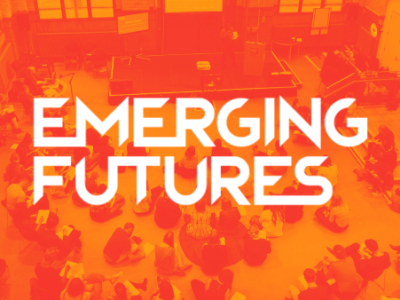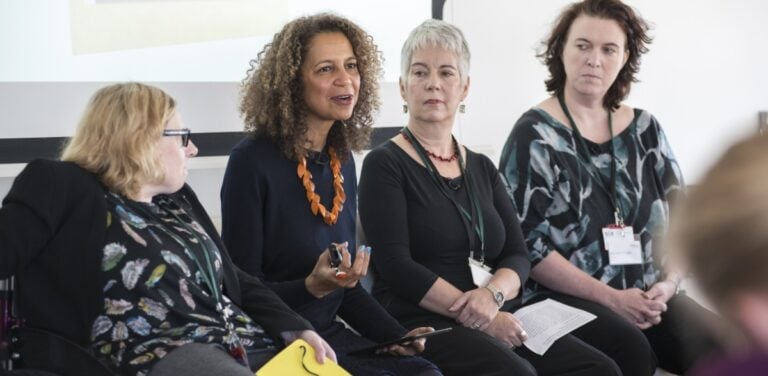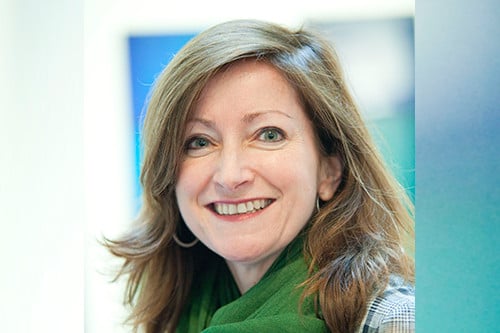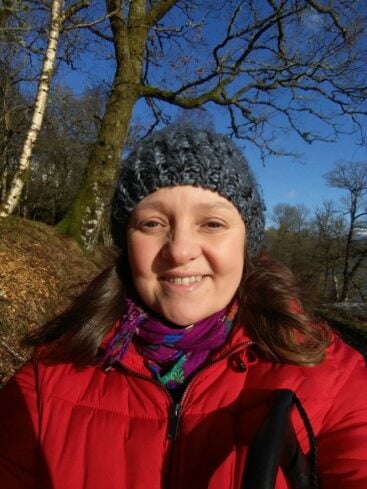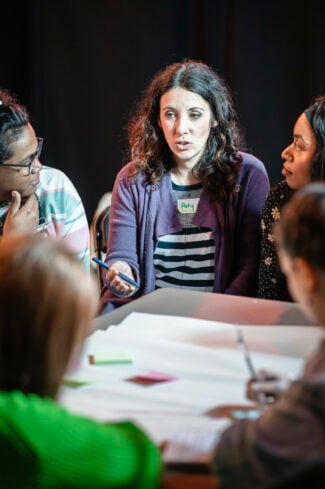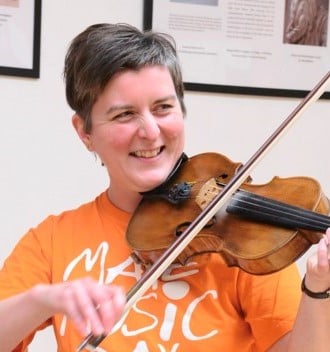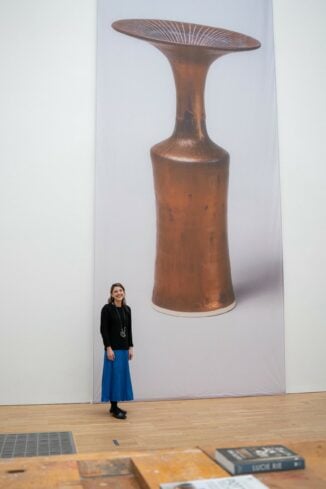Clore Fellow 2022 Anthony Olanipekun, explores levelling the playing field for professionals with lived experience of the criminal justice system
My journey into the charity sector started when I was offered an opportunity to volunteer at a youth-focused charity which supported young people out of violent circumstances, and also taught various topics in schools such as consent, healthy relationships, knowing your rights and more. My role, as a youth ambassador to the charity, was to represent the charity in many ways, through networking events, facilitating training and chairing youth forums.
In the early stages of my career, when I was either volunteering or youth facilitating, my identity was very much tied to my lived experience of the criminal justice system, having served a custodial sentence prior to getting involved with charity work.
Following my conviction and custodial sentence, I graduated with a degree in Criminology with Social Psychology, which allowed me to have an academic insight into my experiences and the experiences of those around me. The fact that I had a conviction and had some level of common ground with some of the young people I worked with, was in some way seen as credible by other professionals, and was often used for diversity or to have some proximity to people with my experiences.
Developing my career and growing in my profession came with its fair share of negative experiences of discrimination and microaggressions that seemed to be common amongst my peers because of our race, age and professional position/experience. However, becoming Chief Executive of a music education charity elevated me to a position where there were fewer Black CEOs and a lot fewer people with lived experience of the criminal justice system and the effects of those experiences.
Once I started in my role, I found that I was not only a minority by race but also due to my lived experience. Having a conviction and having to disclose and justify it each time I applied for a new job or went to work in a school had always made me feel as though it affected how I was perceived. I found that I was often being given roles I’d apply for but would always be started on the lower end of the salary bracket regardless of my prior experience. I experienced a similar treatment when I became a CEO and felt that it was important to find others who I could relate to.
I got my appointment after the 2020 coronavirus lockdowns in the UK and could see that there had been a huge shift in the conversation around diversity and inclusion following the murder of George Floyd and the subsequent protests, however this conversation was still limited to characteristics such as Race, Gender and Disabilities.
It was not long before I learned that being in leadership with a conviction comes with scrutiny and prejudice, and there aren’t established protections against discrimination in the same way that there are for other characteristics. I started to really question what it would look like and mean to have more people in leadership positions who have lived experience of the criminal justice system, have done the work to reform and are willing to contribute positively to society.
I am interested in exploring what leadership might look like in the cultural sector when individuals with convictions are trained and developed in a way that allows them to contribute to society in a positive and meaningful way. The cultural sector should reflect the diversity and breadth of society by exploring and empowering various perspectives, ideas and experiences in order to inform the work. Had I not been given the opportunities and investments into my professional development I would have found it difficult to get into the position that I am now in.
It is a known fact that the recidivism rate in the UK is between 20-31% and some of the main factors for over 60% of people re-offending are unemployment and lack of education. I believe that when people are given an opportunity to change their lives and given the resources they need to do so, they lean into it.
My experience, and that of those around me who have been through the criminal justice system, shows that it is possible to successfully reform and develop into leaders in different sectors. However, not everyone can openly speak about their experiences and some have had to hide it from their employers. That is not freedom. In my experience, true freedom has been when I feel able to move on from the past and speak about my experiences without fear of consequences such as losing a job.
I am excited to see what true diversity in leadership could look like when there is an effort to work with, develop and elevate people who are passionate about the cultural sector and want to lead, with experiences that connect to diverse audiences and challenges the status quo of what leadership has always looked/felt like.
I think that it is important to consider the benefits of exploring what Diversity and Inclusion means in its current form and who it excludes. Levelling the playing field by giving training and leadership opportunities to professionals with lived experience of the criminal justice system brings different perspectives and offers a range of expertise to beneficiaries and other professionals.
Anthony Olanipekun, is CEO of Grounded Sounds, providing music education for young people and supporting them to discover their identities, grow their career and learn more about the music industry. Anthony is a radio producer/presenter who champions Soul/RnB musicians. He curates live music showcases and community events to display talent and share music.
Themes Alumni Journeys Inclusive Leadership Practice Sector Insights

